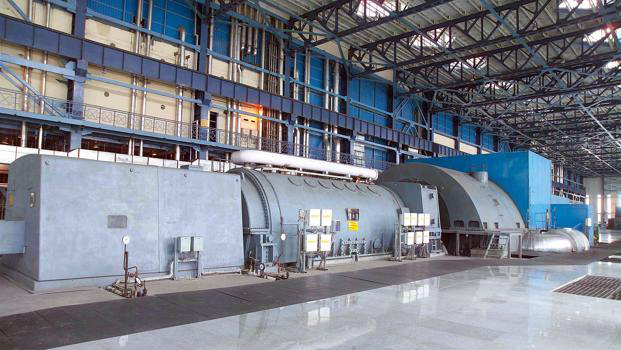Planning to enter the aerospace sector, state-run Bharat Heavy Electricals Ltd (BHEL) is preparing to collaborate with ISRO for manufacturing space grade solar cells and partner for satellite launches.
India’s largest power generation equipment maker plans to collaborate with Indian Space Research Organization (ISRO) for manufacturing space grade solar cells and partner for satellite launches. BHEL also plans to enter themaintenance, repair and operations (MRO) business for aircraft engines.
“BHEL has been supplying various components and systems for the satellites by ISRO since 2002. While meeting the projected enhanced requirements of ISRO, BHEL plans to enhance its engagement by manufacturing space-grade solar PV (photo voltaic) cells; on-board energy storage cells, which have been hitherto imported by ISRO and packaged by BHEL as solar modules and on board batteries,” said a BHEL spokesperson.
“BHEL is also exploring the feasibility of manufacturing cells and batteries with ISRO- developed technology for application in e-vehicles,” the spokesperson added.
BHEL is positioning itself as transportation solutions provider, particularly in crowded urban settings. The company wants to become a turn-key metro rail end-to-end solutions provider and also manufacture electric vehicles such as buses, cars, two-wheelers and boats.
“We are talking to ISRO for wider collaboration. We have signed a MoU (memorandum of understanding) with ISRO for manufacturing heterogeneous solar cells, provided there is a business case for it. We are also looking at working with ISRO for its satellite launches,” said a senior BHEL executive, requesting anonymity.
India’s power sector outlook is uncertain, with India’s current installed capacity of 314,642MW and projects under construction expected to meet the country’s electricity demand till 2026. This leaves BHEL with little choice.
“We have also been talking with defence ministry for the maintenance of aircraft engines,” said the second BHEL executive cited above.
BHEL has manufactured the compact heat exchangers for Tejas, the indigenously developed light combat aircraft inducted by the Indian Air Force last year.
“Business opportunities in the maintenance, repair and operations of aero-engines is also being explored along with OEMs (original equipment manufacturers),” the spokesperson said adding, “Under the ambitious diversification plan, BHEL, through its newly formed Defence and Aerospace Business Group, is vigorously exploring more opportunities in the aerospace business.”
Experts say the going will get tougher for BHEL.
“One large picture seems to be there will not be much of an uptake in conventional power sector in India in terms of establishing new projects. It is unlikely that there will be any demand for conventional power generation equipment that BHEL manufactures, either domestically or internationally. That leaves them with little choice,” said P. Uma Shankar, a former power secretary.
With an order book of Rs 98,400 crore that has contracted by 10% compared to a year earlier, BHEL’s order inflow has become a cause of concern. The company’s paltry order inflow of about Rs 1300 crore represents a steep 79% fall from a year ago. The total order inflow for the nine months ended December was about Rs 6500 crore. While the capital goods manufacturer has a manufacturing capacity of 20,000MW per annum, its order inflow has trickled to around 6,000MW every year.








